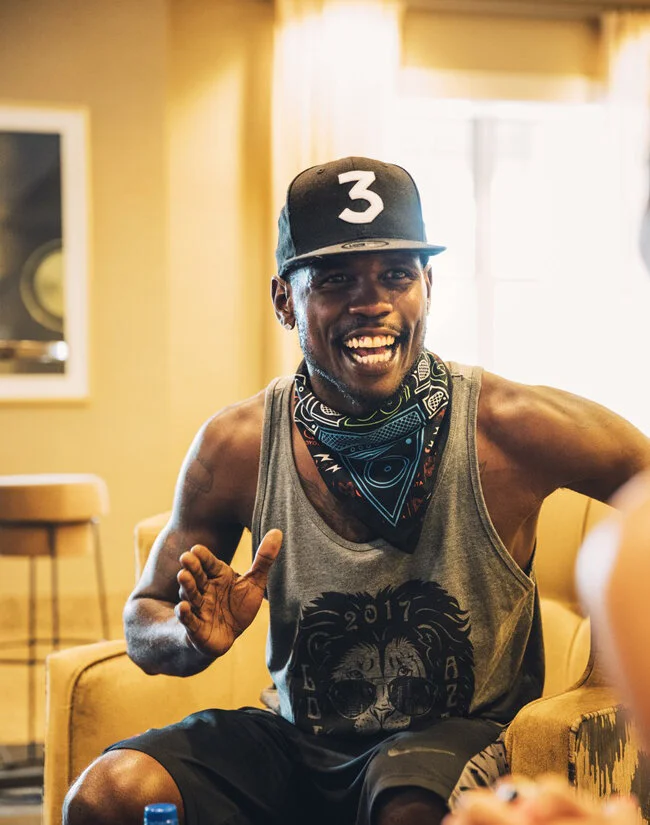writing
A Degrowth Housing Vision for Maine
Resilience.org
2049: The Beach
Short story
Cubist Fiction
Living Cube Furniture
Small
Publication on Medium
marketing & communications
Interview with Deafinitely Dope’s Matt Maxey
3Play Media

In my one of my classes for my master’s degree, we were asked to write what the housing sector in our community would look like in a “degrowth” transition. Degrowth is a term used to describe what our economy would look like if it directly prioritized achieving human needs within planetary limits, instead of prioritizing growth to meet those needs indirectly. I published my response on Medium.com and it was republished on Reslience.org.
Resilience.org

Using research I’ve encountered in my master’s courses on degrowth and ecological economics, I argue that keeping global heating beneath the 1.5 C Paris Agreement target requires the U.S. to pursue a green building retrofit program, a climate job guarantee, reduced work hours, and household debt cancellation.
Medium post
Short story

I wrote two one-page stories about fictional characters interacting with Living Cube Furniture’s products. The idea was to entertain readers and promote our coolest features in a digestible, micro-fiction format that would be perfect for a catalog, magazine advertisement, or sharing on social media.
Living Cube Furniture
Publication on Medium

I asked the staff at JFF to send me their favorite Women’s History Month quotes and incorporated their submissions into our month-long social media campaign to mark the occasion. This quote from Audre Lorde is one example. I wrote the copy and design specs for the social post, and worked with editorial, design, and program staff to bring it to life.

I built this page on our website to promote panels that various Program teams at JFF submitted to SXSW EDU 2021. Panel submissions are vetted by both representatives of SXSW and a public vote. So, we promoted this in marketing emails across our social channels leading up to and during the open voting period to boost our chances of having a presence at SXSW.

In this article, I advocate for “universal design,” or design practices that work for everyone, including people with sensory disabilities like hearing and vision loss. Digital spaces like apps and websites are replacing physical spaces like malls and movie theaters. So, it is imperative that we consider the needs of any user groups in the initial design processes of these emerging technologies.

I interviewed Matt Maxey, founder of Deafinitely Dope, a sign-language interpreter service for music festivals and artists like Chance the Rapper. I edited the interview text, designed the graphics and published this page for Faces Behind the Screen, a marketing campaign and disability awareness project I managed while a marketing content specialist at 3Play Media.
3Play Media